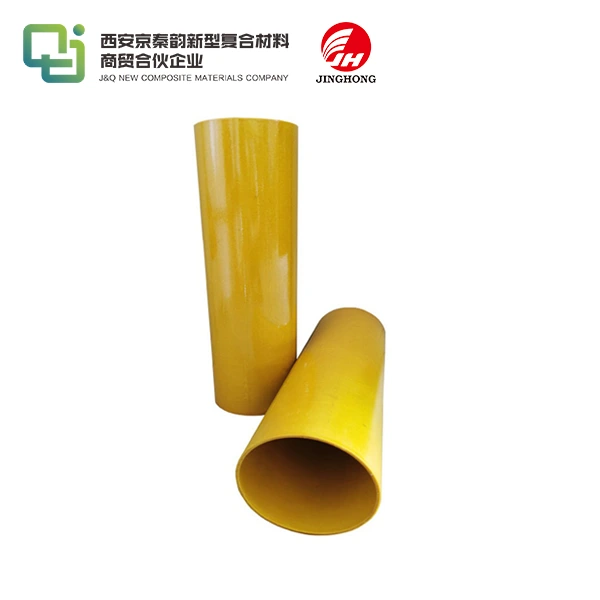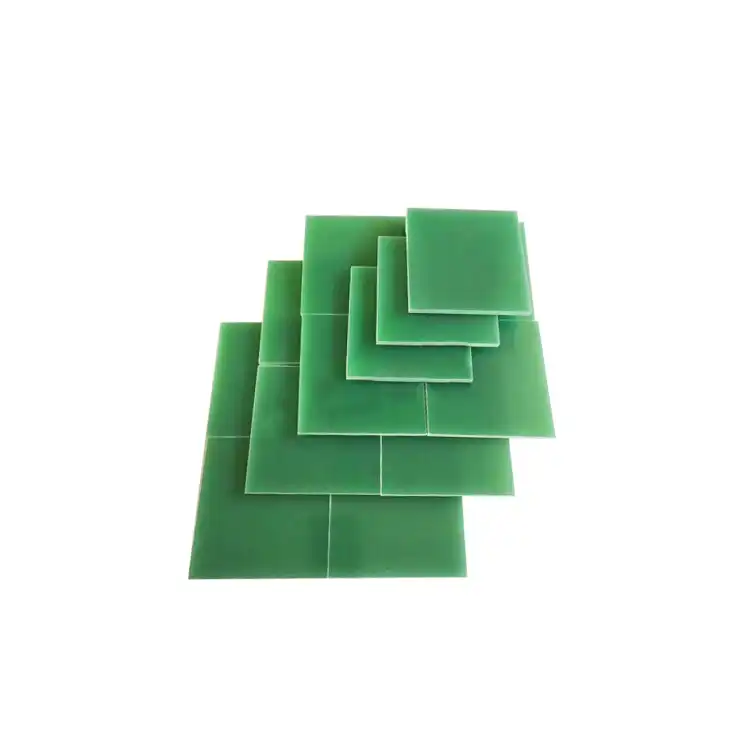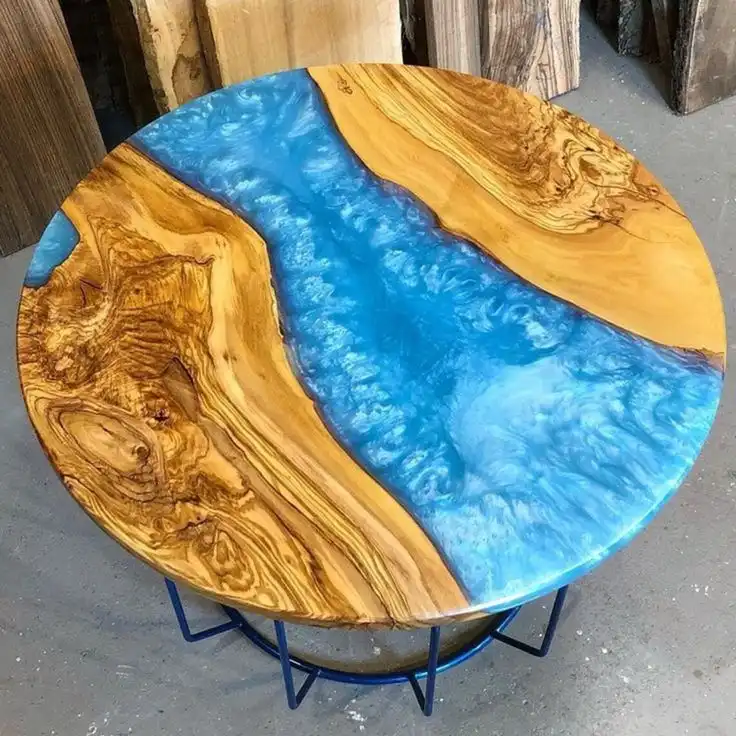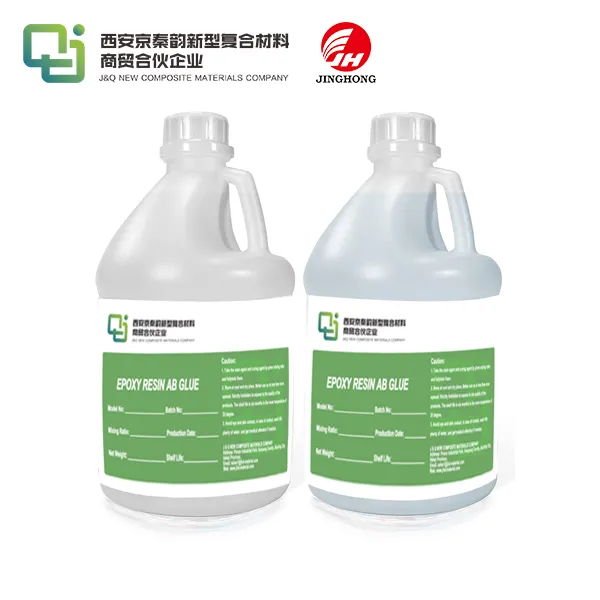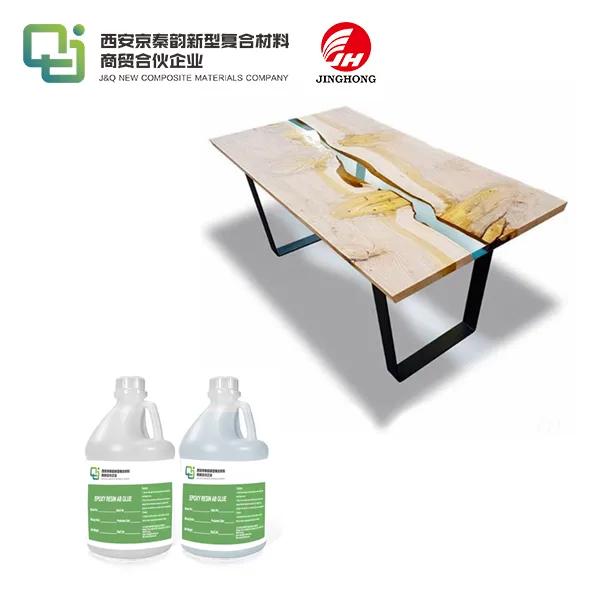Can Glass Epoxy Sheets Be Used in Outdoor Environments?
2025-04-28 17:05:22
Glass epoxy sheets are indeed suitable for outdoor environments, thanks to their exceptional durability and resistance to various environmental factors. These versatile materials combine the strength of glass fibers with the protective properties of epoxy resin, resulting in a composite that can withstand harsh outdoor conditions. Glass epoxy sheets exhibit excellent resistance to UV radiation, moisture, temperature fluctuations, and chemical exposure, making them ideal for numerous outdoor applications. Their low water absorption rate and high dimensional stability ensure they maintain their structural integrity even when exposed to the elements. While proper installation and occasional maintenance are recommended, glass epoxy sheets prove to be a reliable choice for long-lasting outdoor use in construction, signage, and industrial applications.
Properties of Glass Epoxy Sheets for Outdoor Use
UV Resistance and Weather Durability
Glass epoxy sheets demonstrate remarkable resistance to ultraviolet (UV) radiation, a crucial factor for outdoor applications. The epoxy resin matrix in these composites contains UV stabilizers that protect the material from degradation caused by prolonged sun exposure. This UV resistance helps prevent yellowing, discoloration, and embrittlement, ensuring the sheets maintain their aesthetic appeal and structural integrity over time.
Moreover, glass epoxy sheets exhibit excellent weather durability. They can withstand various environmental conditions, including rain, snow, and extreme temperature fluctuations. The low thermal expansion coefficient of these materials minimizes the risk of warping or distortion due to temperature changes, making them suitable for outdoor installations in diverse climates.
Moisture Resistance and Low Water Absorption
One of the key advantages of glass epoxy sheets in outdoor environments is their exceptional moisture resistance. The epoxy resin matrix forms a protective barrier that prevents water penetration into the composite structure. This property is particularly beneficial in humid or rainy climates, where moisture-related issues can compromise the performance of other materials.
Glass epoxy sheets boast a remarkably low water absorption rate, typically less than 0.1% by weight. This characteristic ensures that the sheets maintain their dimensional stability and mechanical properties even when exposed to moisture. The low water absorption also contributes to the material's resistance to mold, mildew, and rot, further enhancing its suitability for outdoor applications.
Chemical Resistance and Corrosion Protection
Outdoor environments often expose materials to various chemicals, pollutants, and corrosive agents. Glass epoxy sheets demonstrate excellent chemical resistance, making them suitable for use in industrial settings or areas with high levels of environmental pollutants. The epoxy resin matrix provides a protective barrier against a wide range of chemicals, including acids, alkalis, and solvents.
Furthermore, glass epoxy sheets offer superior corrosion protection compared to many traditional materials. This property is particularly advantageous in coastal areas or industrial zones where corrosive elements are prevalent. The non-conductive nature of glass epoxy also makes it an excellent choice for applications requiring electrical insulation in outdoor settings.
Applications of Glass Epoxy Sheets in Outdoor Environments
Architectural and Construction Uses
Glass epoxy sheets find extensive use in outdoor architectural and construction applications. Their lightweight yet durable nature makes them ideal for creating innovative façade elements, canopies, and roofing structures. These sheets can be easily molded into complex shapes, allowing architects to design unique and visually appealing outdoor features that withstand the test of time and weather.
In the construction industry, glass epoxy sheets are utilized for creating durable outdoor panels, cladding, and structural components. Their high strength-to-weight ratio and resistance to environmental factors make them an excellent alternative to traditional building materials in outdoor settings. Additionally, these sheets can be engineered to meet specific fire-retardant requirements, enhancing their suitability for outdoor construction projects.
Outdoor Signage and Displays
The durability and weather resistance of glass epoxy sheets make them an optimal choice for outdoor signage and displays. These materials maintain their appearance and structural integrity even when exposed to harsh sunlight, rain, and temperature variations. The sheets can be easily fabricated, painted, or printed upon, allowing for the creation of vibrant and long-lasting outdoor advertisements, wayfinding signs, and informational displays.
Glass epoxy sheets are particularly valuable in the production of large-format outdoor displays and billboards. Their lightweight nature simplifies installation and maintenance processes, while their resistance to warping ensures that the displayed information remains clear and legible over extended periods. The UV-resistant properties of these sheets also help preserve the colors and graphics of outdoor signage, reducing the need for frequent replacements.
Industrial and Marine Applications
In industrial settings, glass epoxy sheets prove invaluable for outdoor applications that require high performance under challenging conditions. These materials are used in the fabrication of protective covers, enclosures, and panels for outdoor machinery and equipment. Their chemical resistance and durability make them suitable for use in chemical processing plants, water treatment facilities, and other industrial environments where exposure to corrosive substances is common.
The marine industry also benefits from the outdoor capabilities of glass epoxy sheets. These materials are used in the construction of boat hulls, decks, and other marine components that require exceptional resistance to water, salt spray, and UV radiation. The high strength-to-weight ratio of glass epoxy sheets contributes to improved fuel efficiency in marine vessels, while their corrosion resistance ensures longevity in harsh saltwater environments.
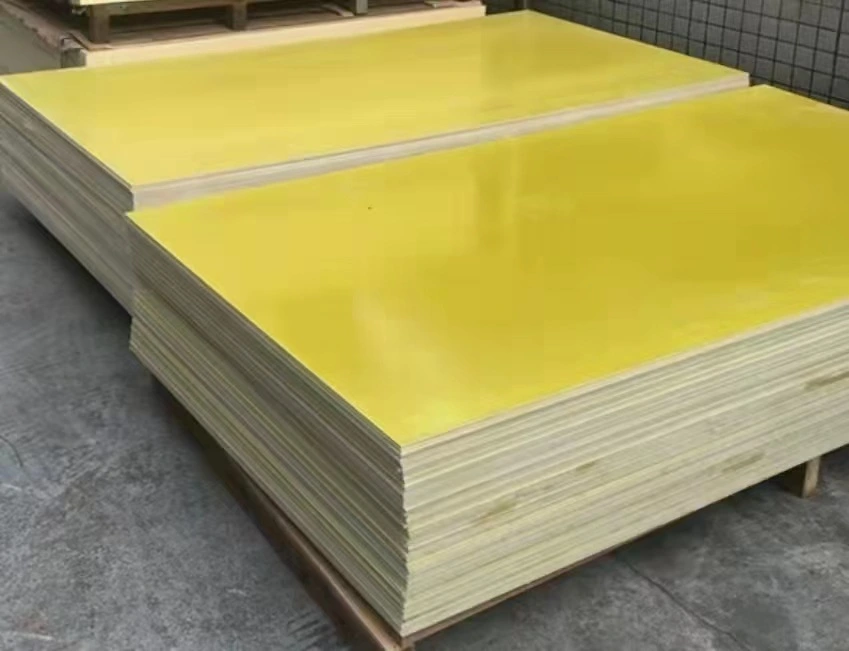
Maintenance and Longevity of Glass Epoxy Sheets in Outdoor Settings
Cleaning and Care Procedures
While glass epoxy sheets are highly durable and resistant to environmental factors, proper maintenance can further extend their lifespan in outdoor settings. Regular cleaning is essential to preserve the appearance and performance of these materials. A simple routine of washing the sheets with mild soap and water can remove dirt, dust, and other contaminants that may accumulate on the surface over time.
For more stubborn stains or deposits, specialized cleaning agents designed for composite materials can be employed. It's crucial to avoid using abrasive cleaners or tools that could scratch or damage the surface of the glass epoxy sheets. After cleaning, thorough rinsing and drying help prevent water spots and ensure the sheets maintain their pristine appearance.
Protective Coatings and Treatments
To enhance the outdoor performance of glass epoxy sheets, various protective coatings and treatments can be applied. UV-resistant clear coats can provide an additional layer of protection against sun damage, particularly in areas with intense solar radiation. These coatings not only preserve the color and appearance of the sheets but also contribute to their overall durability.
In environments where chemical exposure is a concern, specialized protective films or coatings can be applied to glass epoxy sheets. These treatments create an additional barrier against corrosive substances, further extending the lifespan of the material in challenging outdoor conditions. Some coatings also offer anti-graffiti properties, making them particularly useful for outdoor applications in urban areas.
Long-term Performance and Replacement Considerations
Glass epoxy sheets are renowned for their long-term performance in outdoor environments. When properly maintained, these materials can retain their structural integrity and appearance for several decades. However, it's important to conduct periodic inspections to assess the condition of the sheets and address any potential issues promptly.
Factors such as extreme weather events, physical impacts, or prolonged exposure to harsh chemicals may eventually necessitate the replacement of glass epoxy sheets. When replacement is required, it's often a straightforward process due to the lightweight nature of these materials. The long lifespan and ease of replacement make glass epoxy sheets a cost-effective choice for outdoor applications, offering excellent value over time compared to materials that require more frequent replacement or extensive maintenance.
Conclusion
Glass epoxy sheets prove to be an exceptional choice for outdoor environments, offering a unique combination of durability, versatility, and performance. Their resistance to UV radiation, moisture, chemicals, and temperature fluctuations makes them suitable for a wide range of outdoor applications in construction, signage, and industrial sectors. With proper maintenance and care, glass epoxy sheets can provide long-lasting solutions for outdoor installations, withstanding the challenges posed by various environmental factors. As technology continues to advance, we can expect further improvements in the outdoor capabilities of glass epoxy sheets, solidifying their position as a preferred material for demanding outdoor applications.
Contact Us
For more information about our high-quality glass epoxy sheets and their applications in outdoor environments, please don't hesitate to contact us. Our team of experts is ready to assist you in finding the perfect solution for your outdoor project needs. Reach out to us at info@jhd-material.com to discuss how our glass epoxy sheets can benefit your next outdoor application.
References
1. Johnson, R. M., & Sharma, L. K. (2019). Environmental Durability of Glass Fiber Reinforced Polymer Composites in Outdoor Applications. Journal of Composite Materials, 53(15), 2103-2118.
2. Chen, Y., & Liu, X. (2020). UV Resistance and Weathering Performance of Glass Epoxy Composites for Outdoor Structures. Construction and Building Materials, 245, 118405.
3. Smith, A. B., & Brown, C. D. (2018). Long-term Performance of Glass Epoxy Sheets in Marine Environments. Corrosion Science, 137, 129-142.
4. Garcia, M. E., & Rodriguez, F. J. (2021). Advances in Protective Coatings for Glass Epoxy Composites in Outdoor Industrial Applications. Progress in Organic Coatings, 151, 106072.
5. Thompson, K. L., & Anderson, P. R. (2017). Moisture Resistance and Dimensional Stability of Glass Epoxy Sheets for Outdoor Signage. Sign and Digital Graphics, 31(4), 42-48.
6. Lee, S. H., & Park, J. M. (2022). Comparative Study of Glass Epoxy and Traditional Materials for Outdoor Architectural Features. Architectural Science Review, 65(3), 281-293.

